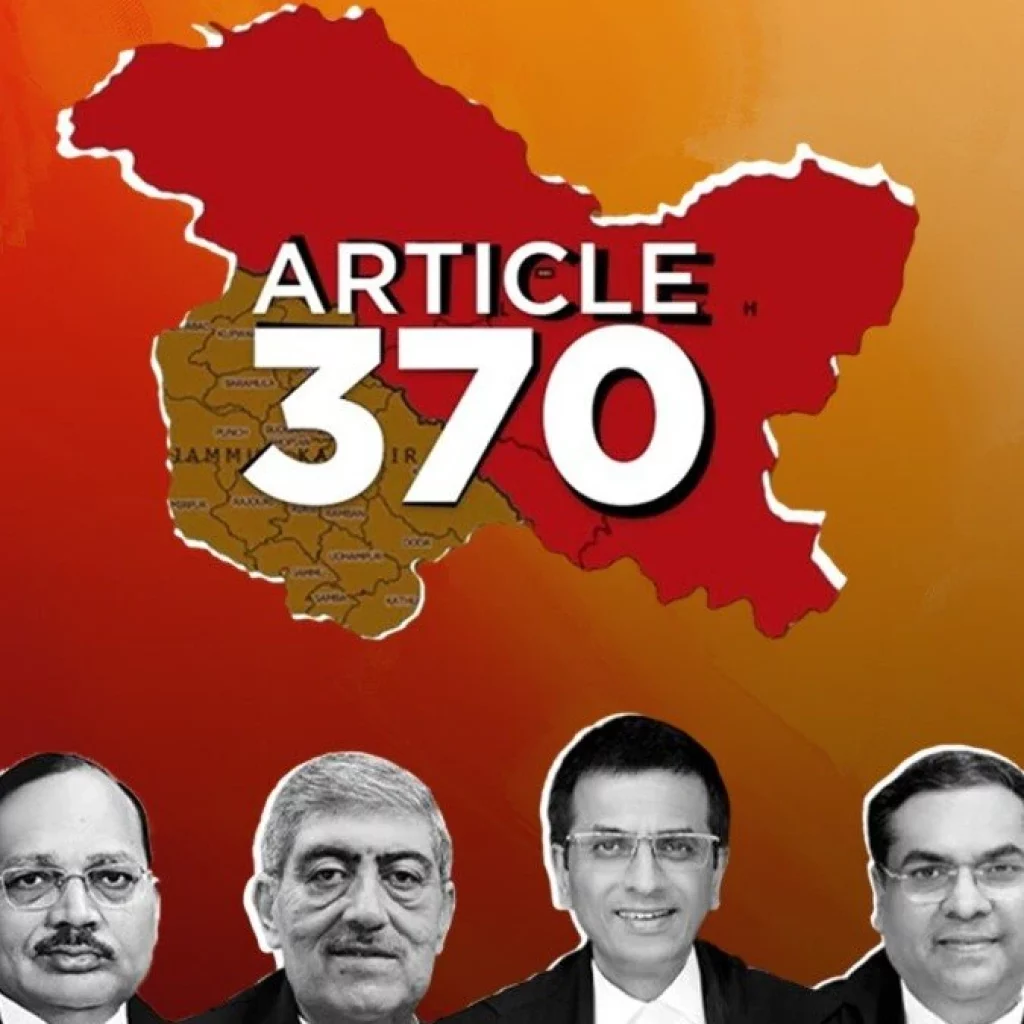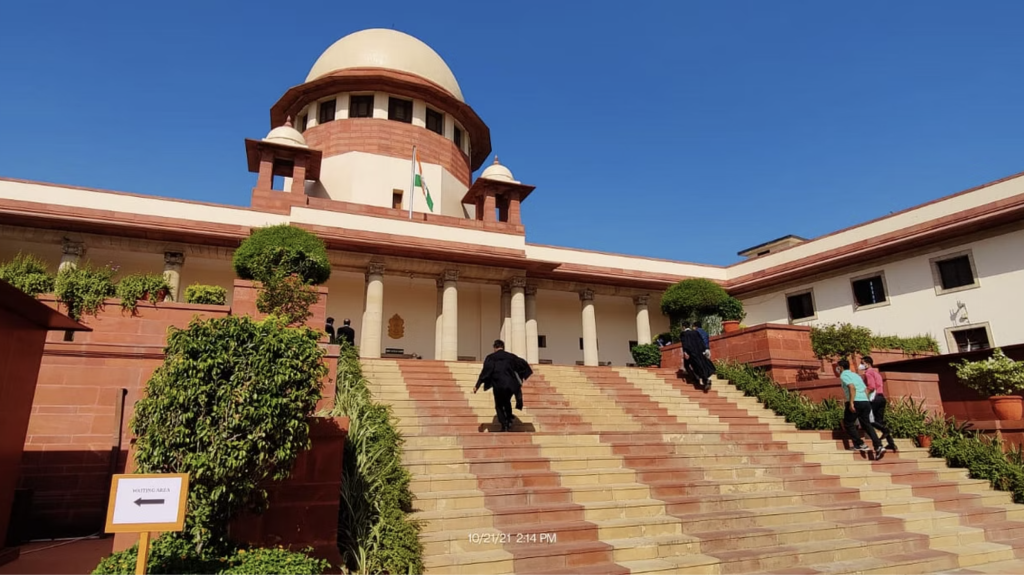The Centre was questioned by Justice B. R. Gavai over the “close proximity” between Zaroor Ahmed Bhat’s court appearance and the suspension decree.
On August 28, the Supreme Court requested the Attorney General of India look into the suspension of senior Kashmiri lecturer Zaroor Ahmed Bhat from his position by the administration of Jammu and Kashmir shortly after he presented his argument against the removal of Article 370 before the Supreme Court.
“Mr. Attorney General, kindly use your influence to investigate what occurred. Anyone who shows up at this court is put on suspension. Ask the Lieutenant Governor some questions. If there is any factor outside his presence in this court, then that’s different. But this suspension comes shortly after he appears in front of us. D.Y. Chandrachud, the Chief Justice of India, said to R. Venkataramani, the top law officer “just look what occurred.”
The Centre was questioned by Justice B. R. Gavai on the “close proximity” between Mr. Bhat’s court appearance and the suspension order.
The timing and the mention of this component [Mr. Bhat’s appearance in the Supreme Court in the Article 370 issue] caught my attention, even though I haven’t seen the order. If it’s there, there might be a small issue. From the bench, Justice Sanjay Kishan Kaul spoke.
Both the Union of India and the Jammu and Kashmir administration were represented by Solicitor General Tushar Mehta, who asserted that “there are other issues” causing the suspension and that “everything in the newspapers may not be the whole truth” regarding the situation.
However, Mr. Mehta acknowledged that the “timing was definitely not proper.” when the judges on the Constitution Bench, one after another, voiced questions about the suspiciously swift succession of events. I submit; there is no debate. He promised to raise the matter with the relevant government officials.

Senior solicitors Kapil Sibal and Rajiv Dhavan drew Mr Bhat’s situation to the bench’s attention by stating that “this is not the way our democracy functions.” He shows up in this court, submits written arguments, and is suspended the next day.
Mr. Sibal said that the administration might have taken action against him sooner if there were “other issues” that led to the suspension. The senior advocate questioned, “Why wait until he appears in the Article 370 matter?”
According to Mr. Sibal, “He was removed from the faculty because he argued what he argued in the Article 370 matter. These things shouldn’t happen.”
The J&K CSR , the Jammu and Kashmir Government Employees (Conduct) Rules, 1971, and the J&K Leave Rules were all violated by Mr. Bhat, a political science teacher at the Government Higher Secondary School in Srinagar. He was suspended immediately.
In the Supreme Court, he had argued against the repeal of Article 370. On a personal level, he had discussed with the Bench how challenging it has become for people like him to respond to inquiries about the true meaning of democracy and the spirit of the Indian Constitution in the wake of the repeal of Article 370 and the end of the dual relationship of federalism on August 5, 2019.











